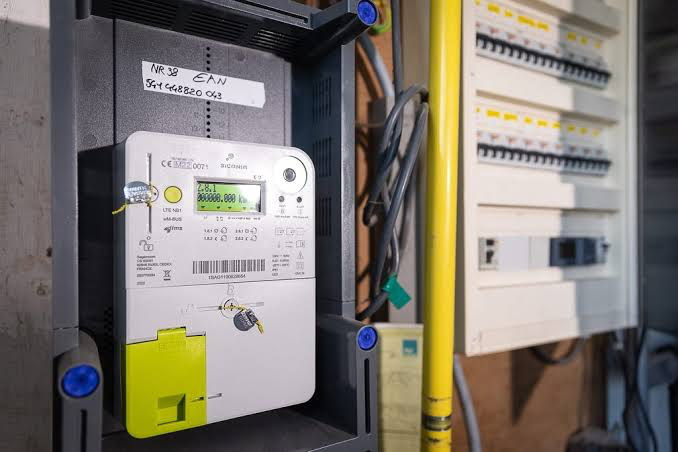In a pivotal moment for Nigeria’s economic reform, the International Monetary Fund (IMF) has issued a strong recommendation to President Bola Tinubu’s administration: completely phase out the electricity subsidy that has been a significant part of the country’s welfare system. This advice, delivered amidst the ongoing economic hardships following the removal of fuel subsidies in May 2023, underscores the IMF’s push for comprehensive fiscal discipline within the nation.
The IMF’s ‘Post Financing Assessment (PFA)’ report, released on February 12, 2024, not only underscores the federal government’s fiscal challenges but also aligns with previous acknowledgments from Nigerian authorities regarding the substantial financial burden imposed by electricity subsidies. From January to September 2023, the government reported that it had allocated N375.8 billion towards subsidizing electricity, a sector where consumers paid N782.6 billion over the same period.
This call for subsidy removal is part of the IMF’s broader strategy for Nigeria to regain macroeconomic stability. The institution praised the Tinubu-led government for its initial reformative steps, including the contentious removal of fuel subsidies and the unification of exchange rates. The Central Bank of Nigeria’s (CBN) renewed focus on price stability and the government’s ambitious revenue mobilization and digitalization strategies were also highlighted as positive developments in the country’s quest for economic recovery.
However, the challenges are daunting. Nigeria, like many nations, is navigating a difficult global landscape characterized by scarce external financing, rising global food prices due to ongoing conflicts, and the effects of geo-economic fragmentation. Domestically, the country grapples with stagnant per capita growth, pervasive poverty, food insecurity, and a burgeoning cost-of-living crisis. These issues are compounded by dwindling reserves and limited fiscal space, restricting the government’s ability to implement wide-ranging reforms.
The IMF’s advice comes at a critical juncture for Nigeria, emphasizing the need for decisive action to eliminate fuel and electricity subsidies, which, although costly, fail to effectively reach the most vulnerable populations. Instead, the institution advocates for targeted social transfers to alleviate the impacts of the current economic strain on the nation’s poor.
The Nigerian Electricity Regulatory Commission (NERC) corroborates the IMF’s concerns, noting that the government’s electricity subsidies have continued to surge, with significant sums allocated throughout 2023 despite ongoing power outages across the country. This unsustainable fiscal practice underscores the pressing need for a strategic overhaul of the country’s subsidy regime, which the IMF argues, will not only restore macroeconomic stability but also pave the way for sustained, inclusive growth.
As Nigeria embarks on this challenging path towards fiscal reform, the implications of the IMF’s recommendations are far-reaching. The proposed elimination of electricity subsidies, while necessary for long-term economic stability, requires careful implementation to mitigate adverse effects on the already burdened Nigerian populace. The government faces the delicate task of balancing fiscal responsibility with social equity, ensuring that the transition towards a more sustainable economic model is both inclusive and equitable.
In navigating these reforms, the collaboration between international institutions like the IMF and the Nigerian government will be crucial. The global community’s support, coupled with Nigeria’s commitment to structural reforms, offers a pathway to overcoming the current economic challenges. However, the success of these efforts will hinge on the government’s ability to enact policies that not only align with international recommendations but also resonate with the needs and aspirations of the Nigerian people.
As the Tinubu administration moves forward with its reform agenda, the eyes of the nation—and indeed, the world—are on Nigeria. The choices made today will shape the country’s economic landscape for years to come, determining the trajectory of its development and its role in the global economy. The journey towards economic revitalization is fraught with challenges, but with strategic planning, robust governance, and a commitment to the welfare of its citizens, Nigeria can emerge stronger and more resilient in the face of adversity.



